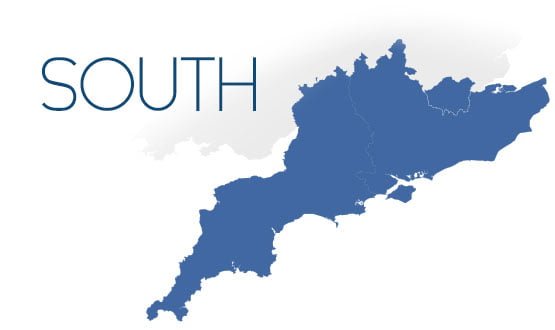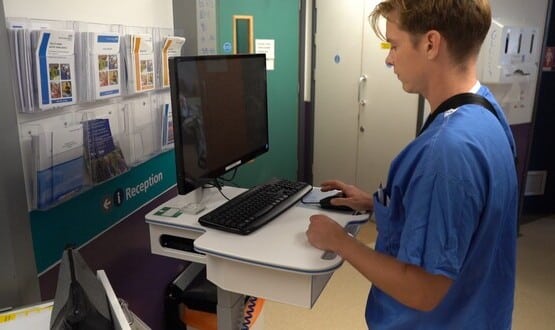South acute group issues £60m tender
- 22 August 2013

The first group of acute trusts in the South Local Clinical Systems programme has gone out to tender for a clinical information system worth up to £60m.
Known as SmartCare, Gloucestershire Hospitals, Northern Devon Healthcare, and Yeovil District Hospital together form one of six collaborations involving 23 South acute trusts, formed to buy a variety of IT systems.
The trusts got nothing from the NPfIT and have attracted central funding for their investment plans.
The new tender covers a clinical information system to be delivered on a “remotely hosted, managed services basis” for up to ten years and is worth between £35m – £60m for all three trusts.
The system will include; a patient administration system; order communications; e-prescribing; clinical decision support; A&E; theatres; pathology; pharmacy and stock control; and clinical documentation.
Gloucestershire chief executive Frank Harsent said the group decided there is more to be gained from buying a system from one supplier than a best of breed approach.
His trust is using the EDS Swift PAS which is a burning platform and so needs replacing.
By working together, the trusts achieve economies of scale by sharing the cost of procurement and hope to see potential suppliers “sharpen their pencils” because they are dealing with three organisations.
Harsent said the trusts will also be able to learn from eachother as the systems are deployed to maximise the benefits.
Roll-out of the various modules will be done in phases over 18 months to two years and the trusts will discuss with their supplier whether this should be done simultaneously.
“We can get this done quite quickly, but it has to be a systematic methodical way,” he explained.
Clinicians helped to develop the specifications of the EPR and will be involved in supplier testing and deciding which system to buy.
Harsent hopes the next phase of the project will involve sharing information with community hospitals and GPs.
Consultant anaesthetist Mike Richards said: “A comprehensive EPR will be fundamental to the quality and safety of our services for many years to come, helping us to ensure that we provide the right treatment at the right time.
“Diagnosis will be quicker, patients should be able to get home earlier, and the days when missing notes cause delays should be gone forever.”
SmartCare was involved in a collaborative business case with the other SLCS groups, which was approved by central government in June. More than £80m of central funding will be available to the groups to invest in IT and they will contribute more than £100m themselves.
The acute programme is one of four SLCS projects, including community and child, ambulance and integration.
The £32m business case for the community and child health procurement was the first to get sign-off by government and nine organisations have signed contracts to deploy TPP’s SystmOne.
The ambulance business case was approved to go out to tender, but is on hold due to a legal challenge from one of the bidders involved.
Harsent said Gloucestershire would still have had to invest in an EPR without central funding, but it would have taken longer to achieve.
Requests to participate in the SmartCare bid must be received by 20 September and the trusts hope to choose a preferred supplier in the New Year.




